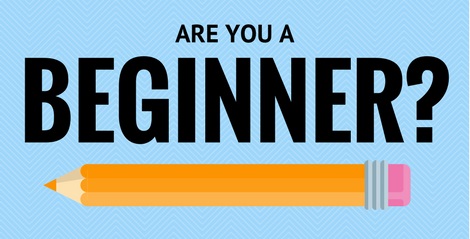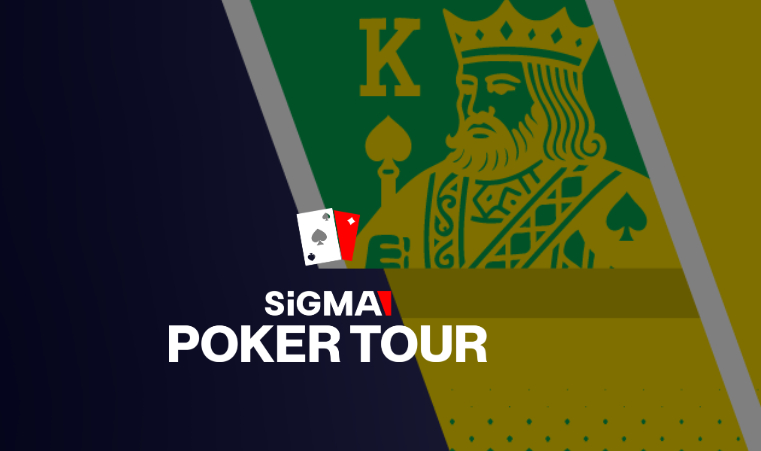Poker can be intimidating for new players… It’s filled with unfamiliar terminology, differently named betting rounds, and all sorts of strategies you need to learn. But the actual truth is that it’s a lot more accessible than you think… as long as you start off with the right variation of the game. Some poker games are a lot more beginner-friendly with basic rules and are great for learning and building up your confidence.
At any good online casino, there are always plenty of different options to choose from in the gaming department… slots, Blackjack, Baccarat, Roulette and even quirky Boylesports Slingo bingo games – but open up the poker section and the choices are impressive – and confusing! Which one should you go for?
Well, here we’re going to look at some of the best poker games for beginners so you can pick the right one when you’re learning the ropes.

Texas Hold’em
This game is literally the poster child for poker. This is the version of the game you’ll see everywhere… on TV, in movies, worldwide tournaments… and Beyoncé even wrote a song about it! And one of the reasons it’s so beginner-friendly is because the basic rules of the game are so straightforward:
- Each player gets dealt two private cards (hole cards).
- There are five community cards dealt face-up on the table in three different stages (flop, turn, and river).
- You need to try and make the best five-card hand you can by using your two cards and three of the community cards.
But don’t be deceived… the rules might be easy, but there’s still plenty of strategy to the game. As a beginner, you need to start by learning the basics, such as which starting hands are strong – and then gradually build up to things like reading your opponents and getting to grips with various betting strategies.
Five Card Draw
Before Texas Hold’em took the crown as king of poker, Five Card Draw was the go-to poker game – because it’s so straightforward:
- Players get five private cards.
- You’ll then have one chance to trade in (or ‘draw’) cards to try to improve your hand.
- After that, there will be the final betting round and a showdown.
Because it’s so easy, it’s the perfect starting point for beginners. You don’t have to keep track of things like community cards or betting structures; you just need to focus on your own hand and decide which cards you want to keep. It’s a great game to get a grasp of basic bluffing as well.
Omaha
Omaha might feel a bit like Texas Hold’em, but it has a twist – and one that makes it a bit more challenging (and exciting). You’ll get four hole cards instead of two, and you have to use exactly two of them plus three community cards to make up your hand.
If you’ve got comfortable with Texas Hold’em, then this one’s the next obvious step… because there are more possibilities and there’s more need for careful decision-making. Just be warned – having four cards to choose from doesn’t necessarily mean you’ll win more often!
Seven Card Stud
Before the rise of community card games, there was Seven Card Stud, which was hugely popular with newer players. Here’s how it works…
- You’ll get a mix of face-up and face-down cards over various betting rounds.
- You need to try to make the best five-card hand out of the seven cards you’ve been dealt.
There are no community cards with this one, so you need to pay close attention to the cards the other players have shown. This means it’s a great game for training those observation skills and learning how to read the table… all important if you want to become a skilled poker player.
Short Deck Hold’em
If you’re looking for a newer, more modern variant of the game, then Short Deck Hold’em has been making waves in some of the higher-stakes circles. This game’s played with a 36-card deck (cards 2, 3, 4 and 5 are removed), so there’s more chance of getting bigger hands like straights and flushes.
While it’s not the ideal game for complete beginners, it can be a bit of fun when you think you’ve got the basics down.
Top Tips for Learning Poker
No matter which variant you decide to go with, here are some of our top tips to help you on your way:
- Learn the Hand Rankings First: Before you do anything, you need to know what hand beats what.
- Start Small: You need confidence and knowledge to get better… so start with smaller bets and keep the pressure low while you’re learning.
- Pay Attention: Watch how other people are playing and see what you can learn from them.
- Be Patient: You won’t always get a good hand… sometimes you’re fighting a losing battle – and folding might just be your best option.
- Bankroll Management: Most important of all – set yourself a stake and only play with money you can afford to lose. Don’t take any unnecessary risks.
Start Smart
Ultimately, poker can be surprisingly beginner-friendly if you start with the right game. Texas Hold’em is the go-to choice for most newcomers, but there are some other great games, all great for learning how it works (especially if you’re playing online and can try out some of the games in free play or demo mode).
Whatever one you choose, remember to learn the rules, set yourself a budget, stick to it and play responsibly! Have fun!





